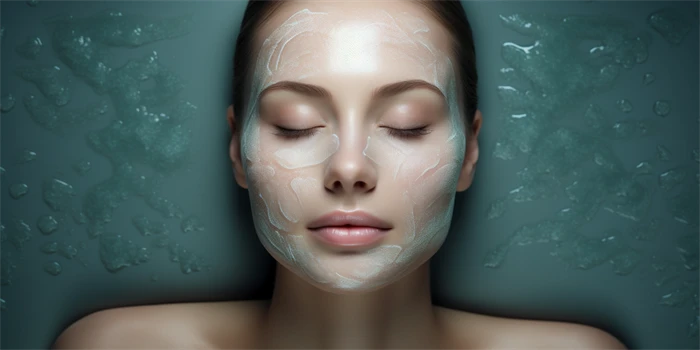Can I Eat Shrimp After Scar Removal in Arima?
Scar removal procedures, such as those performed in Arima, are designed to improve the appearance of scars and enhance the overall aesthetic of the skin. However, post-treatment care is crucial to ensure the best outcomes. One common question among patients is whether they can continue to eat seafood, particularly shrimp, after undergoing scar removal. This article delves into various aspects to provide a comprehensive understanding of the dietary considerations following scar removal.

1. Understanding Scar Removal Procedures
Scar removal procedures in Arima typically involve techniques such as laser therapy, dermabrasion, or surgical excision. These methods aim to reduce the visibility of scars by either removing the scar tissue or promoting the growth of new, healthy skin cells. The specific procedure chosen depends on the type and severity of the scar, as well as the patient's skin type and overall health.
2. Post-Treatment Dietary Considerations
After scar removal, it is essential to follow a diet that supports healing and minimizes the risk of complications. While there is no strict prohibition on eating shrimp, it is important to consider several factors. Shrimp is a source of protein, which is vital for tissue repair and regeneration. However, it is also a common allergen and can potentially trigger inflammation if consumed in excess. Patients with a history of seafood allergies or those who experience symptoms such as itching or swelling after eating shrimp should avoid it.
3. The Role of Nutrition in Healing
Nutrition plays a critical role in the healing process following scar removal. A balanced diet rich in vitamins, minerals, and antioxidants can enhance the body's natural healing mechanisms. Foods high in vitamin C, such as citrus fruits, and those rich in zinc, like nuts and seeds, are particularly beneficial. While shrimp does contain some essential nutrients, it is not a significant source of vitamin C or zinc. Therefore, focusing on a diverse diet that includes a variety of healing foods is more advantageous.
4. Potential Risks and Side Effects
While shrimp is generally safe for most people, there are potential risks to consider after scar removal. Seafood, including shrimp, can sometimes harbor bacteria or contaminants that may lead to infections or allergic reactions. Additionally, excessive consumption of shrimp or other high-cholesterol foods can contribute to inflammation and hinder the healing process. It is advisable to consume shrimp in moderation and ensure it is sourced from a reputable supplier to minimize these risks.
5. Consultation with Healthcare Professionals
Ultimately, the decision to eat shrimp after scar removal should be made in consultation with a healthcare professional. Your doctor or dermatologist can provide personalized advice based on your medical history, the specifics of your scar removal procedure, and your overall health. They can also offer guidance on other dietary restrictions or recommendations to optimize healing and achieve the best possible results.
Frequently Asked Questions (FAQ)
Q: How long should I wait to eat shrimp after scar removal?
A: There is no specific waiting period, but it is advisable to start with small amounts and monitor for any adverse reactions. Always consult with your healthcare provider for personalized advice.
Q: Can shrimp cause inflammation after scar removal?
A: While shrimp itself is not typically inflammatory, excessive consumption or allergies to seafood can lead to inflammation. It is best to consume shrimp in moderation and be aware of any potential allergic reactions.
Q: Are there any specific nutrients in shrimp that are beneficial for healing?
A: Shrimp contains protein and certain minerals like selenium, which can support healing. However, it is not a significant source of vitamin C or zinc, which are more directly beneficial for wound healing.
Q: Should I avoid all seafood after scar removal?
A: Not necessarily. Seafood can be part of a balanced diet, but it is important to consider potential allergies and ensure the seafood is fresh and properly cooked to avoid infections.
In conclusion, while shrimp can be part of a balanced diet after scar removal in Arima, it is crucial to consider individual health conditions, potential allergies, and the overall nutritional needs for optimal healing. Consulting with healthcare professionals will provide the most accurate and personalized guidance.




